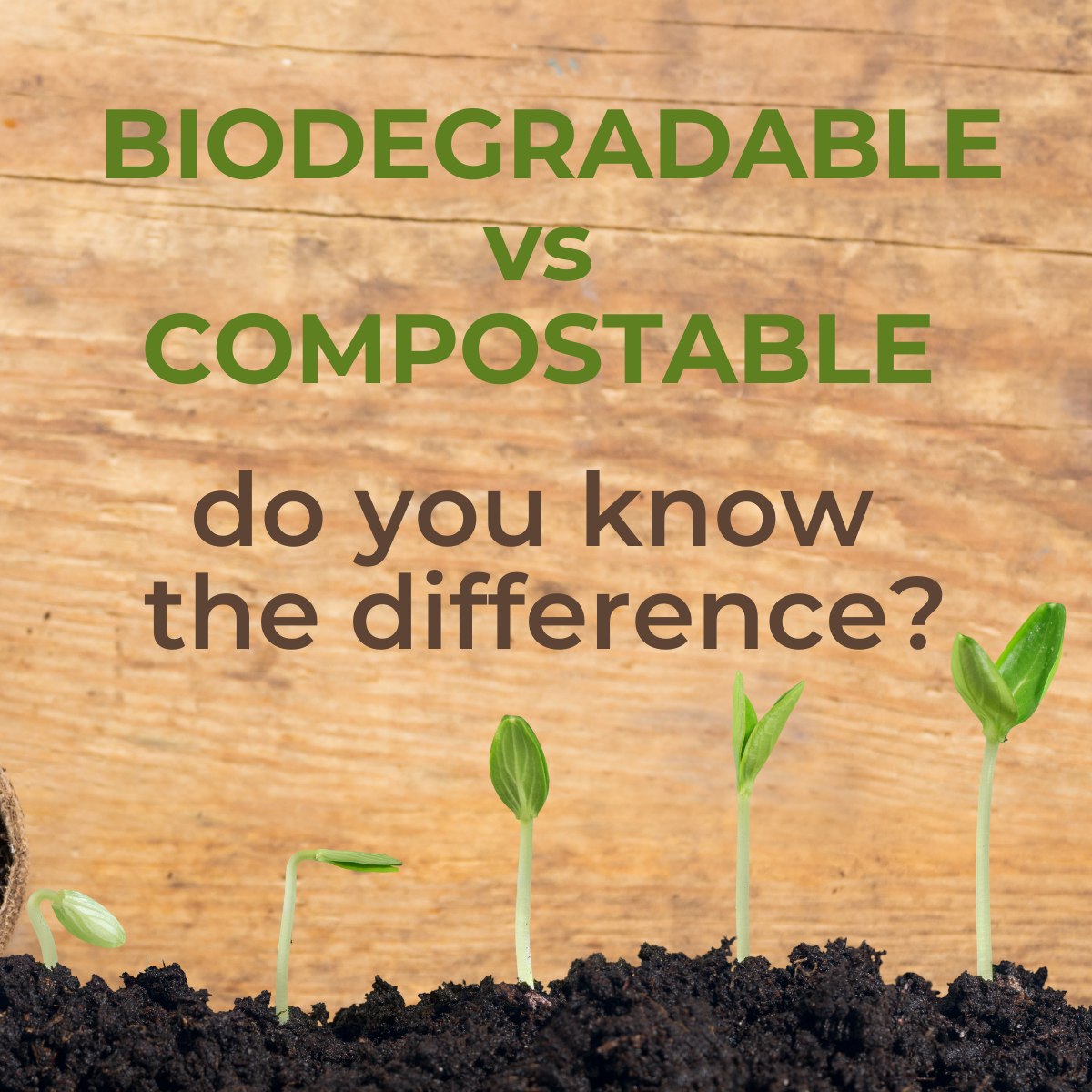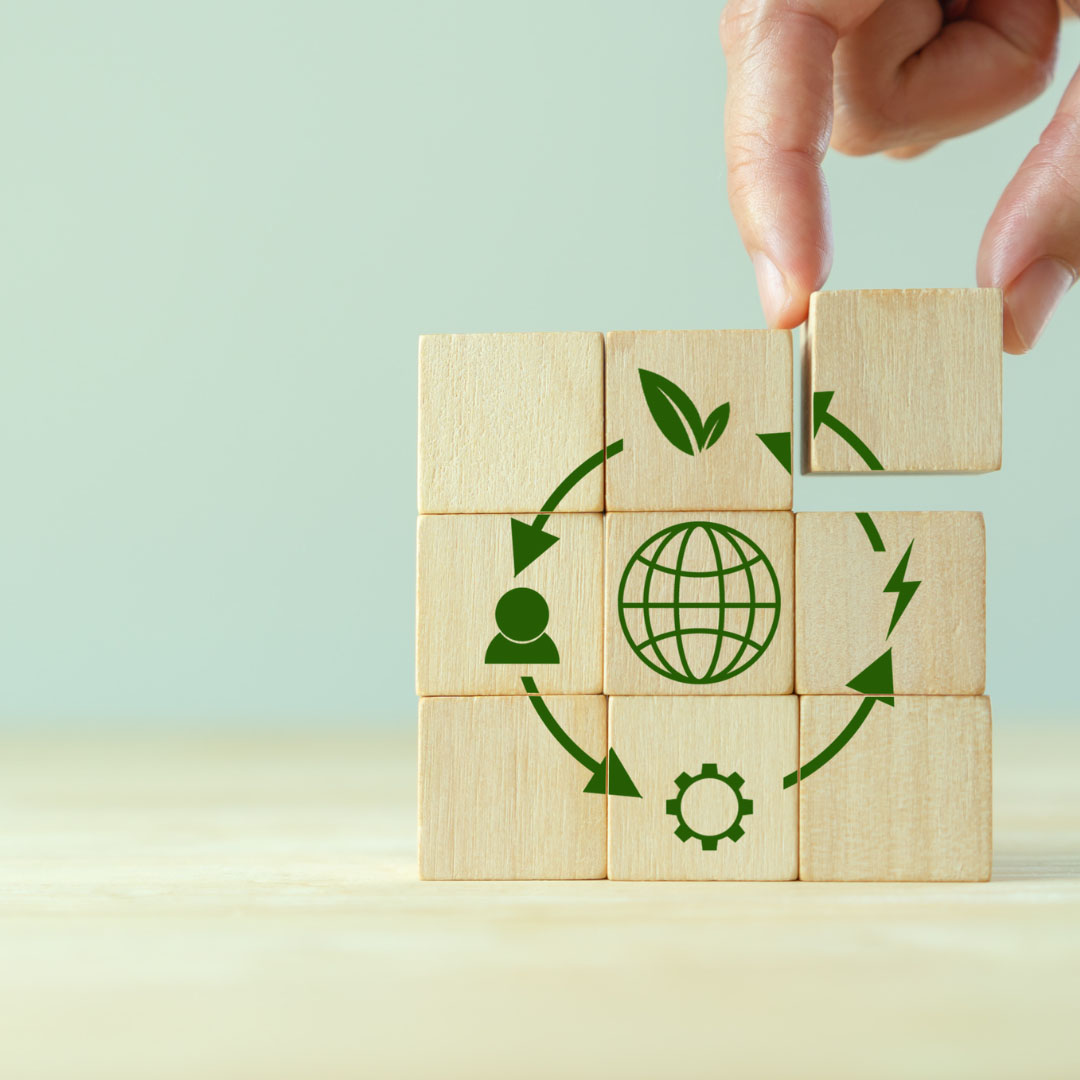
Sustainability and proper recycling: biodegradability and compostability
When it comes to sustainability and waste management practices, consumers often mistake compostable with biodegradable and think they are the same.
But what’s the difference between the two words?
- Biodegradable materials degrade in nature into simpler substances, thanks to the action of microorganisms and bacteria combined with sunlight or other natural atmospheric agents.
According to European legislation, the decomposition process must be completed at 90% within 6 months and the resulting elements can be absorbed into the soil and be converted into water, methane, and carbon dioxide.
A biodegradable material is not necessarily compostable too: in this case it cannot be disposed together with organic waste and must be recycled according to its composition.
- A compostable material instead, after being disposed of in the organic fraction and having decomposed, through an industrial process is transformed into compost, an organic fertilizer and organic fertilizer for sustainable agriculture. For a product to be certified compostable it must be biodegradable to 90% within just 3 months and pass subsequent eco-toxicity tests so that it cannot have any negative effect on the environment.
Alternatively, it is possible to dispose of the compostable waste in a domestic compost bin to be placed in the garden to create a DIY compost 100% biocompatible with the organic waste of the house.
Based on the difference between industrial and domestic composting, there are two specific certifications issued by TUV Austria
OK Compost Industrial and OK Compost Home.


Both industrial and domestic composting, if properly managed, ensure the correct closing of organic waste life cycle. If they were sent to landfills, they would be responsible for a massive release of methane, the most harmful greenhouse gas.
Compostable packaging is therefore one of the most important solutions in terms of sustainability: besides being safe and good for health and the environment, it represents an important contribution to the circular economy.







